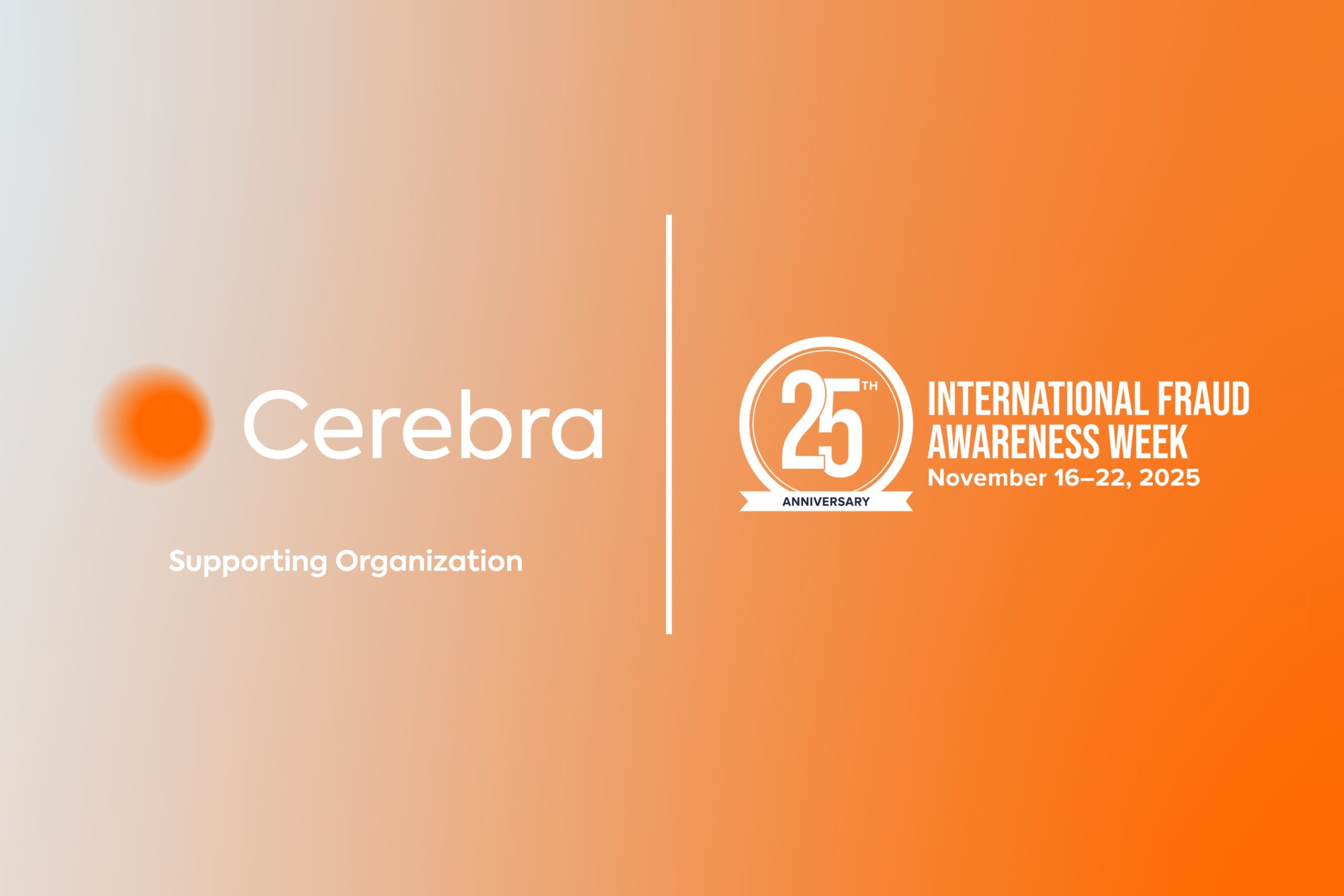
Technical Insolvency in Accordance with Turkish Commercial Code
CerebraMost of the foreign companies operating in Turkey have technical insolvency issues as they establish their companies with the minimum capital required by the Turkish Commercial Code No. 6102 (“TCC”) which is TL 10.000 for the limited liability…
The Most Common Problem of Foreign Entities Having a Turkish Subsidiary
Most of the foreign companies operating in Turkey have technical insolvency issues as they establish their companies with the minimum capital required by the Turkish Commercial Code No. 6102 (“TCC”) which is TL 10.000 for the limited liability (Article 580) and TL 50.000 for the joint stock companies (Article 332). The companies may become insolvent just after the establishment according to the below article of the TCC.
Article 376 of the TCC states the issue as the follows:
(1) If the last annual balance sheet indicates that half of the sum of the paid-in capital and statutory reserves are lost as a result of accumulated losses, the board of directors must immediately summon the general assembly and submit the remedial measures.
(2) If the last annual balance sheet indicates that two-thirds of the sum of the capital and statutory reserves are lost as a result of accumulated losses, the board of directors must immediately summon the general assembly. Unless the general assembly immediately convenes and decides to fully supplement the capital or decides to be satisfied with one-third of the capital, the company is deemed abolished.
(3) In the case where there are going concern uncertainties as the company’s liabilities exceed its assets, the board of directors shall prepare an interim balance sheet based on the going concern principles and liquidation method. If it is clear that the related assets are not sufficient to cover the receivables of the creditors of the company, the board of directors must notify the commercial court of the first instance at the location of the company’s headquarters of this situation and must claim for bankruptcy of the company provided that before the bankruptcy decision, the creditors whose receivables total to the amount adequate to cover the company’s deficit and to eliminate the state of excess of liabilities over assets, must accept in writing to be ranked after all other creditors and that the legitimacy, authenticity and validity of this declaration is verified by experts assigned by the court. Otherwise the application made to the court for an expert inspection must be considered as notification of bankruptcy. When management comes back with an explanation of the impact of the uncertainty and what the impact would be on the financial statements and the disclosures, then the accountant evaluates the reasonableness of that information.
According to Article 633 of the TCC, mandatory requirements regarding joint stock companies (as stated under Article 376) also apply to the limited liability companies in respect to the loss of capital.
According to the above mentioned articles, if a company is in a position where it lost its capital fully or partially and/or is in negative equity status; the management of the company shall inform the board of directors about this issue and the shareholders shall remedy the losses. If the shareholders do not commit for any remedies, the board of directors shall file for bankruptcy of the company to the relevant courts.
The most common method of such remedy is to inject money into the company to recover the technical insolvency position. However there are some taxation issues in relation with the injection of such funds to the company, which are summarized below.
Such funds to be sent by the shareholders as loss compensation fund may be considered as revenue and subject to taxation. There are specific tax rulings of some of the tax offices (for example specific tax ruling dated June 1, 2012 No. B.07.1.GİB.0.06.49-010.01-11) stating that such amounts shall be subject to taxation since they are for offsetting the accumulated losses that have been already accounted for.
There are mainly three legal consequences of not recovering the technical insolvency issue:
- In case of an investigation by the Ministry of Commerce and Industry, the ministry officers may apply to the court and to the trade registry to deem the company dissolved and therefore abolished.
- If the creditors of the company claim for their outstanding receivables from the company and can not succeed in making collection, they may ask the court to impose these claims to the board members on their own assets due to their failure to comply with the law and may ask the courts to impose a criminal sentence for company management where liability is noted against the company management failing to file for bankruptcy. As a result, the board members may become liable in person if they fail to convene the shareholders general assembly and propose remedies.
- The companies are not allowed to increase their share capital before recovering their technical insolvency position. Trade registry offices require that the initial capital of companies have been fully paid and they are not technically insolvent before increasing their capital. The companies in technical insolvency position are required to fully supplement their capital before increasing their capital. Accordingly, if the company capital is not fully supplemented, the trade registry does not register and announce the increase of the company capital.
You may get in touch with Cerebra to obtain more detailed information on this subject and the common practices for the execution of the law. We as the Cerebra team have a wide range of experience on this subject and we would love the opportunity to speak with you about how we can help your firm — please contact us.







